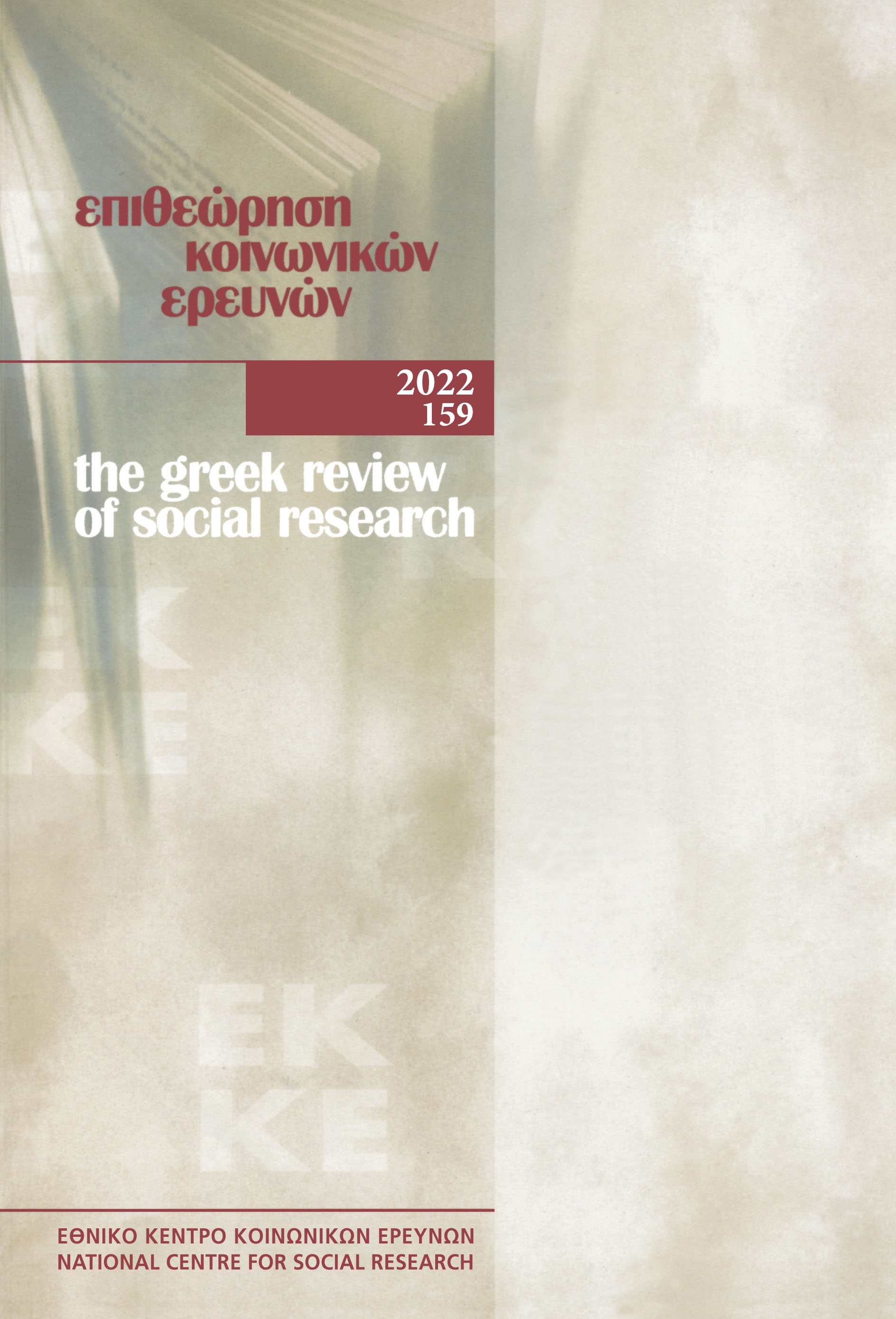Investigating and grounding the over time comparability of the substantive units used in the Greek Household Budget Surveys

Abstract
The investigation of the over time (and cross-national) comparability of sample survey data is a prerequisite for data analysis. In this context, the paper discusses over time comparability of the substantive units for the Greek Household Budget Surveys conducted from 1957/1958 to 2020.
The findings show that, the use of more detailed and restrictive common definitions for the household and its members were applied in the more recent surveys, ensuring comparability of concepts. The introduction of a reference person indicates a shift in the definition from gender-role oriented responsibilities to economic criteria that poses as a cut-off point the year that was first employed for the overtime comparability of the data. This methodological study contributes to the growing research on the over time comparability of sample survey data that is used extensively in social research.
Article Details
- How to Cite
-
Oikonomaki, M. (2022). Investigating and grounding the over time comparability of the substantive units used in the Greek Household Budget Surveys. The Greek Review of Social Research, 159, 123–143. https://doi.org/10.12681/grsr.30828
- Issue
- 2022: 159
- Section
- Articles

This work is licensed under a Creative Commons Attribution-NonCommercial 4.0 International License.
Authors who publish with this journal agree to the following terms:
- Authors retain copyright and grant the journal right of first publication with the work simultaneously licensed under a Creative Commons Attribution Non-Commercial License that allows others to share the work with an acknowledgement of the work's authorship and initial publication in this journal.
- Authors are able to enter into separate, additional contractual arrangements for the non-exclusive distribution of the journal's published version of the work (e.g. post it to an institutional repository or publish it in a book), with an acknowledgement of its initial publication in this journal.
- Authors are permitted and encouraged to post their work online (preferably in institutional repositories or on their website) prior to and during the submission process, as it can lead to productive exchanges, as well as earlier and greater citation of published work (See The Effect of Open Access).


